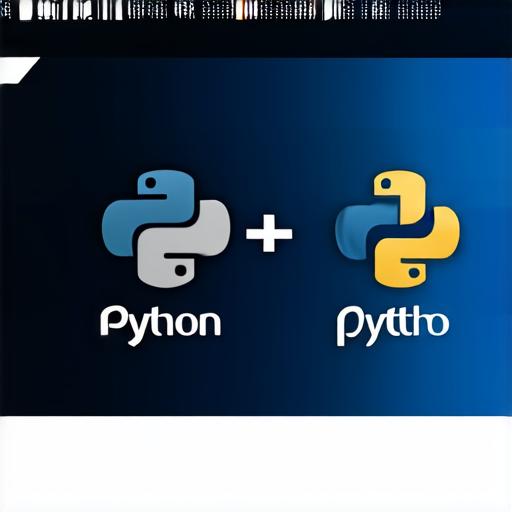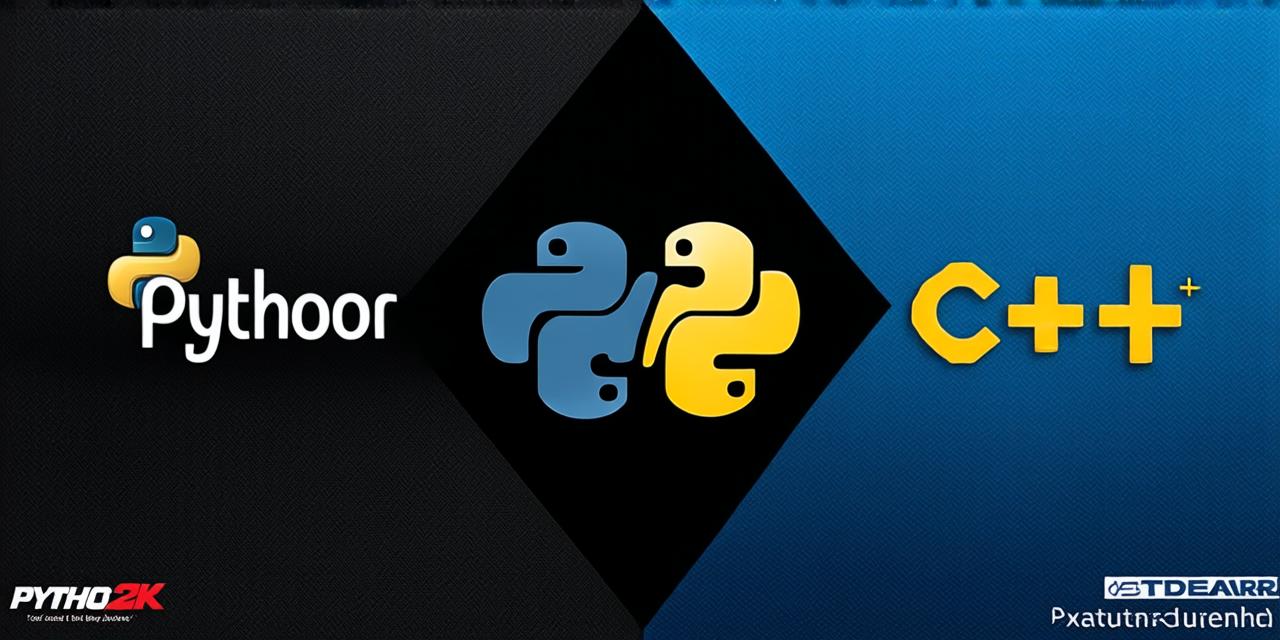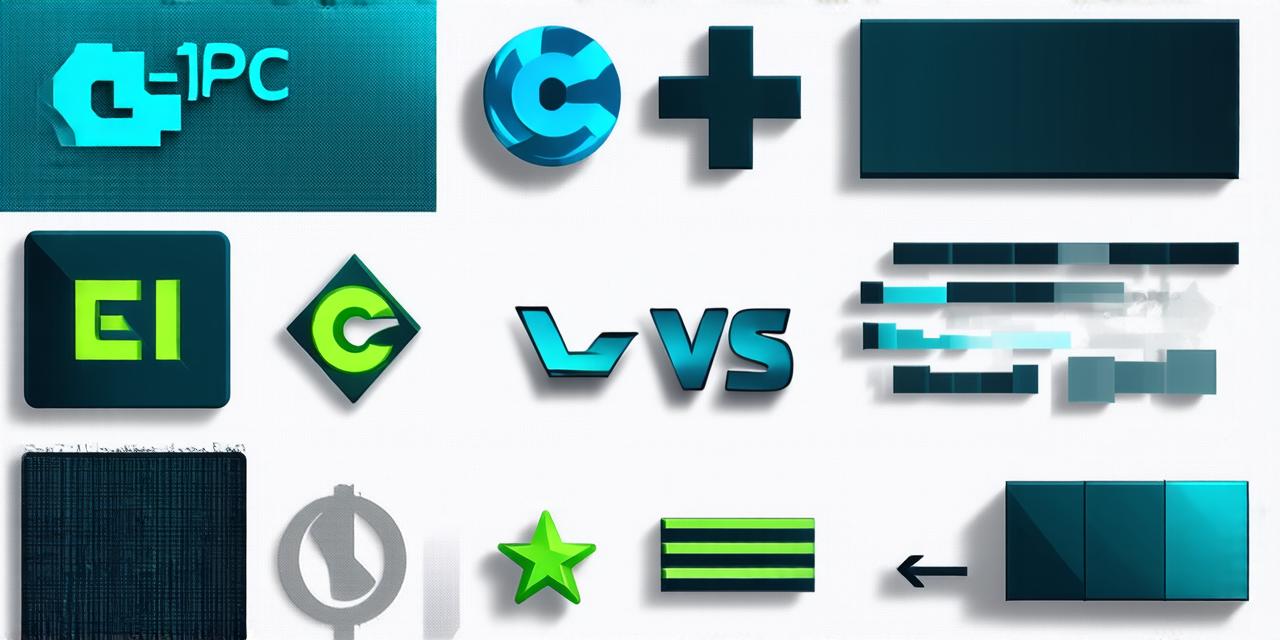The debate between Python and C++ has been raging for years now, and it doesn’t seem to be ending anytime soon. Both languages have their own unique strengths and weaknesses, making them suitable for different use cases.
Python: The Easy Way Out
Python is a high-level programming language that was first introduced in the 1980s. It is known for its simplicity, readability, and ease of use. Python is often used in data science, machine learning, artificial intelligence, and web development.
One of the main reasons why Python has become so popular is because it is relatively easy to learn. Unlike C++, which has a steep learning curve, Python can be learned by anyone with basic programming skills. This makes it an ideal language for beginners who want to get started in programming quickly.
Python also offers a wide range of libraries and frameworks that make it easier to develop applications. For example, the NumPy library is used extensively for scientific computing, while the Flask framework is popular for building web applications. This means that developers can focus on their project rather than writing complex code from scratch.

Another advantage of Python is its flexibility. Python allows developers to write code in a variety of styles and structures, making it easy to modify existing code or create new modules. This makes Python a great choice for prototyping and rapid application development.
Python vs C++: Speed and Efficiency
Despite its ease of use, Python is often criticized for being slow and inefficient compared to languages like C++. However, this is not entirely accurate. While Python is slower than C++ in terms of execution speed, it is still a fast language that can handle complex tasks with relative ease.
C++, on the other hand, is known for its speed and efficiency. It is a compiled language, which means that the code is translated into machine code before it is executed. This results in faster execution speeds compared to Python, which is an interpreted language.
Python vs C++: Scalability and Maintenance
Another factor that comes into play when comparing Python and C++ is scalability and maintenance. As applications grow in complexity, it becomes increasingly important to have a scalable and maintainable codebase.
Python’s built-in modules and libraries make it easy to scale up applications, as new features can be added quickly and easily. Additionally, Python’s modular design makes it easy to maintain and modify existing code, reducing the risk of errors or bugs.
C++, on the other hand, can be more difficult to scale and maintain. This is because C++ requires developers to write more boilerplate code, which can make it harder to add new features or modify existing ones. Additionally, C++’s low-level nature can make it harder to troubleshoot and debug issues that arise during development.
Python vs C++: Cost and Availability
Finally, the cost and availability of Python and C++ are also factors that come into play when comparing the two languages.
Python is an open-source language, which means that it is freely available for anyone to download and use. This makes Python a great choice for developers who are just starting out or have limited resources. Additionally, Python has a large community of users and developers who contribute to its development and provide support.
C++ is also an open-source language, but it requires a compiler to run on. This can be more expensive than using Python, as compilers can be expensive and require specialized hardware. Additionally, C++’s popularity means that there may be fewer resources available for troubleshooting or learning the language.
Summary
In conclusion, the debate between Python and C++ is a complex one that depends on a variety of factors. While C++ is known for its speed and efficiency, Python’s ease of use and flexibility make it a great choice for many developers.




